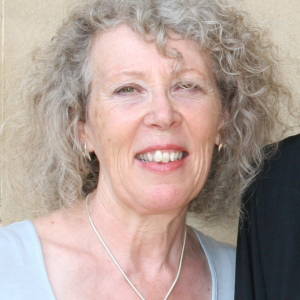Copperback
It was a mad, all-hands-to-the-pump scramble this morning, to get the holiday house cleared and tidied before our check-out time of 10am. We managed it, more or less, and by 10.30 I was back round at Lower Moor. My excuses for this were that at some point yesterday R and I had mislaid the Boy Wonder's jumper and I needed to try to recover it, and anyway, it was foolish not to take the opportunity to go to Lower Moor when it was only five minutes down the road, as opposed to the hour and five minutes it takes to get there from home. The real reason was that I was sad about our special family time coming to an end, and I wasn't yet ready to leave the Cotswold Water Park.
As it turned out, the jumper wasn't at Lower Moor, and with the sun coming and going and taking the morning's warmth with it, there wasn't much dragon activity going on there either. But I did get my first confirmed sighting of the year of one of my favourite hoverflies: Ferdinandea cuprea, sometimes called the Common Copperback in this country, and the Eurasian Copperback on the Continent. It's a widespread, though rarely abundant, species in the UK, favouring woodland, and showing a preference for feeding on yellow flowers like this one (which I think might be bristly oxtongue, though I'm sketchy on plants so I'd rather you didn't quote me on that). Its larvae develop in the sap runs of damaged trees.
After a quick coffee I left Lower Moor and swung up to Chedworth Roman Villa, where I very quickly reclaimed the lost jumper from the National Trust staff at the reception desk. Then, as I was still in dawdling mode, I wandered back around the villa site and tried to think myself back into its glory period. This isn't as easy as it used to be: when R and I took the Offspring there, twenty five years ago, the pace was still pretty basic and undeveloped, and I got a strong and rather discombobulating feeling of time slippage that the family referred to teasingly for some while afterwards as Mum's History Thing - but these days there are large modern buildings around the site, display boards, audio tours, and all manner of things that anchor it firmly in the C21st.
I did learn a few things though, both by reading those boards and by chatting with an historian (dressed up in a 'Roman' cloak, which I'm pretty sure he found as unnecessary and embarrassing as I did) who was on site to add enrichment to the visitor experience, should anyone want it. I've always thought that Fishbourne Palace in Sussex was probably the most significant Roman villa site in the country, but now I wonder if Chedworth mightn't be at least as important - not least because there are huge mosaics still lying underneath some of the grassed areas of the site, one of which has been dated to the C5th and C6th - in other words, after Roman rule collapsed in Britain, the army withdrew, and the politicians and administrators were thrown out. I came away with a book called UnRoman Britain, recommended to me by the historian, which challenges the received wisdom that the bulk of the population, in England at least, largely accepted Roman rule. It seems we might always have been a Euro-sceptic people, and a source of instability within any kind of pan-European project. Sigh...
Driving away from Chedworth and dropping back towards the great Roman Road we still call the Fosse Way, I wondered how much this landscape has actually changed over the past 1600 years, and how many of the scattered farms I passed might have Roman ruins beneath their foundations. From the Fosse I turned onto another Roman Road, Buckle Street, which but for an incident that had caused it to be closed between Weston-sub-Edge and Honeybourne, necessitating a scenic diversion around the area, would have carried me virtually all the way home. They might have been furriners, those Romans, but they knew how to build a road.
Almost as soon as I walked into the house R put a fresh mug of tea in front of me, which was kind, and very welcome. But viewing the carnage the drought has wreaked in the garden during our absence, and the absolute mountain of washing now needing to be done, I can honestly say that it was the only good thing about arriving back home.

Comments
Sign in or get an account to comment.


